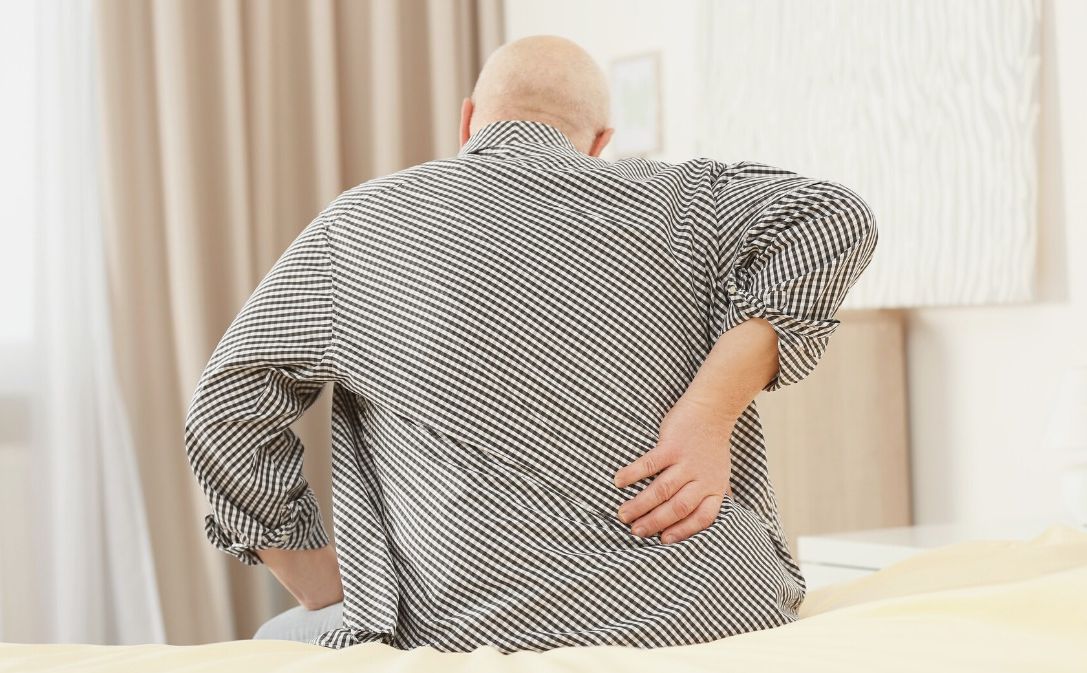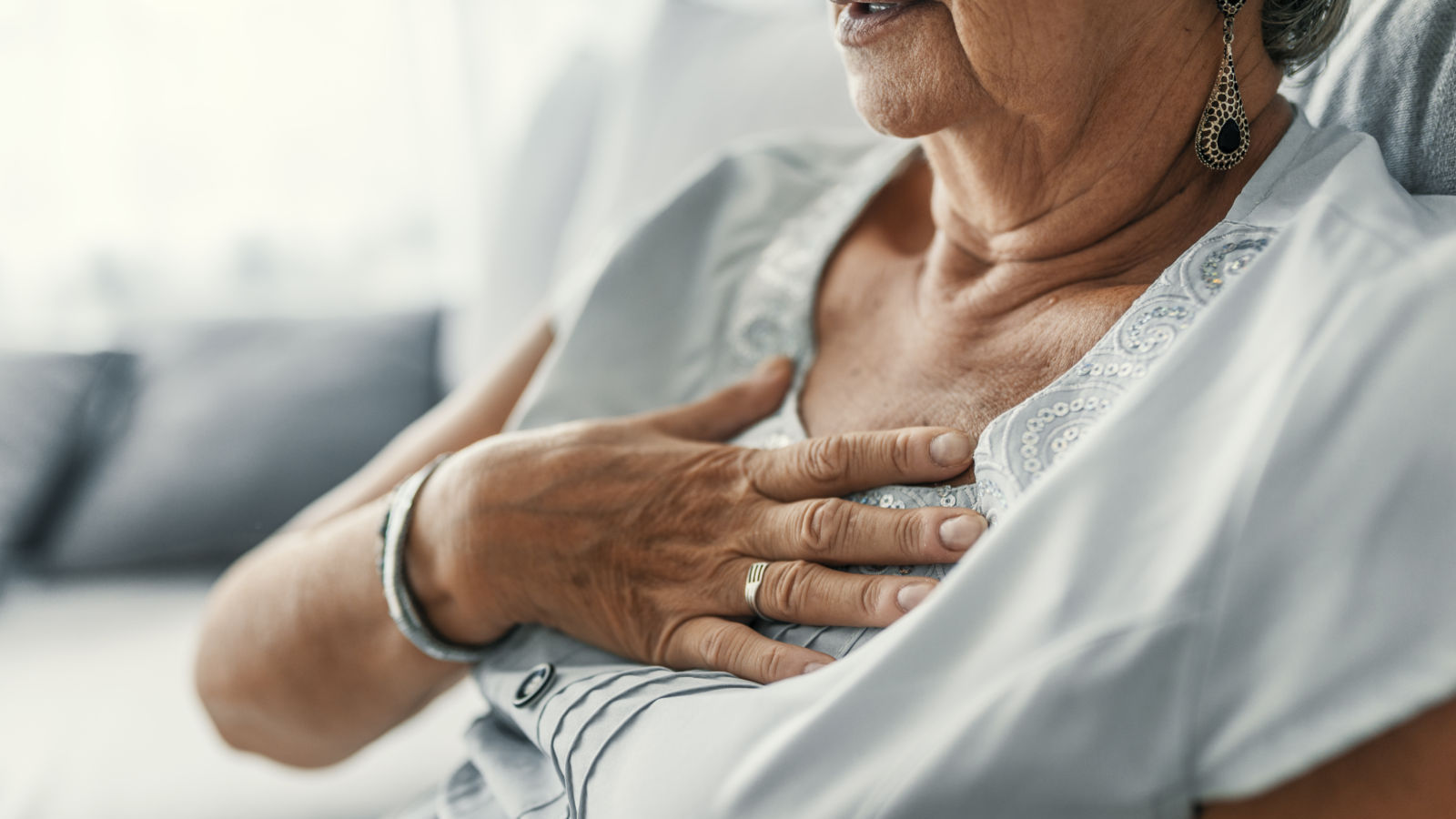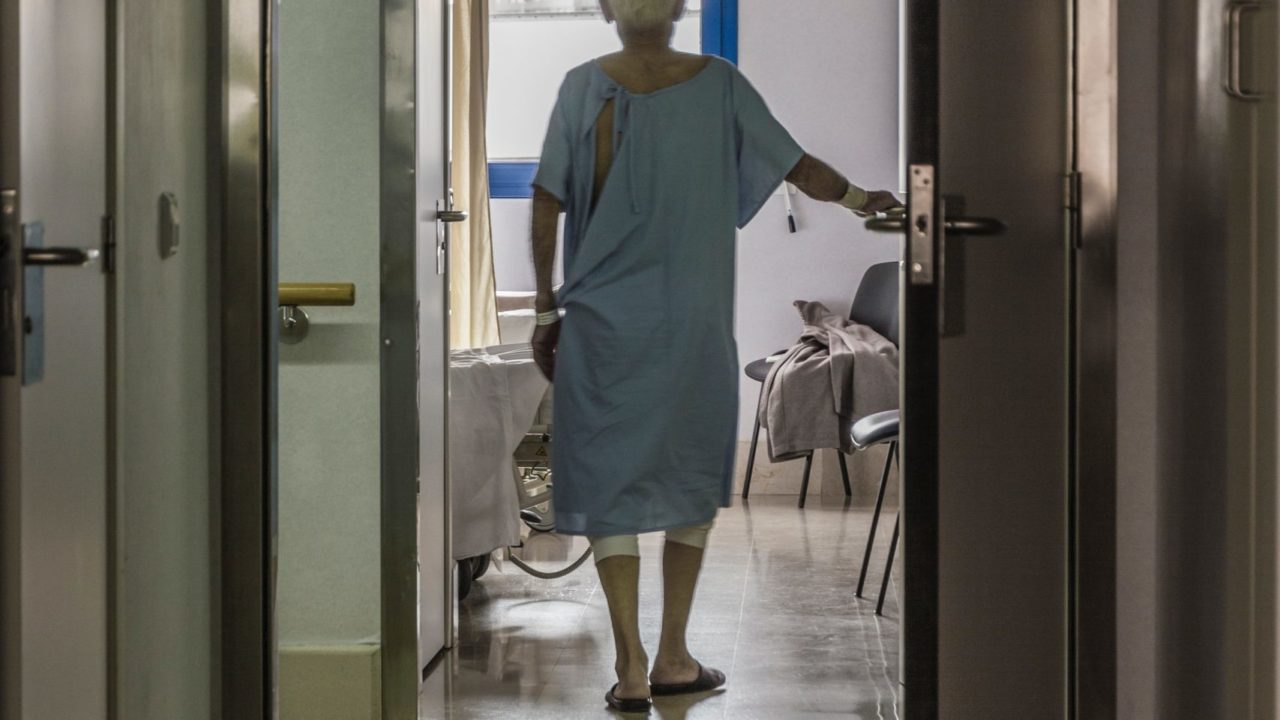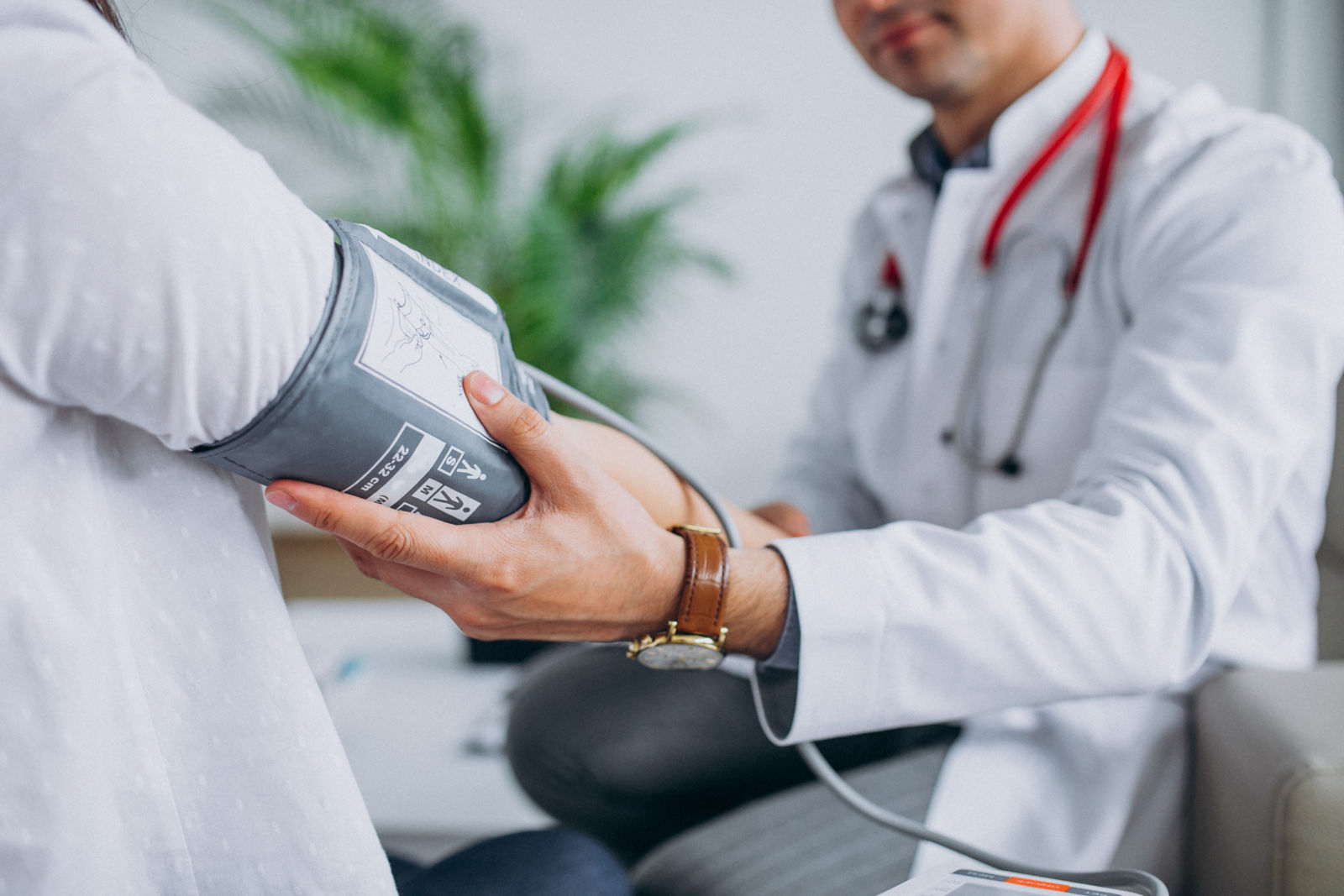Science pills
Hospital Care
The increase in COVID-19 patients has led to a dramatic decrease in the admissions of patients suffering from other diseases to the Emergency Department. A retrospective study analyzed this phenomenon
This multilevel cross-sectional study, conducted in Chile, was aimed to estimate the associations between nursing staff and work-environment quality with respect to 30-day inpatient mortality, 30-day readmission, length of stay, patient experience, and quality of care.
This is the first research carried out on pre-registration nursing students’ perceptions of the practice of Intentional Rounding (IR) and its perceived benefits for nurses and patients. The results showed that nursing students recognized the benefits for both nurses and patients.
A study performed in 322 nursing homes highlights a great variation in the proportion of the use of physical restraints in the last week of life of the residents. The use of physical restraints is still widespread in Italy and it is not clearly regulated.
The results of the study provide the very first accurate estimate of the prevalence of multi-morbidities in an elderly population affected by or at risk of chronic kidney disease (CKD), regardless of severity. High blood pressure and obesity are the most common combination in CKD and this suggests the need for close monitoring of the state of health in this group of patients.
Fragility of the oral cavity is a condition of poor oral function, often accompanied by mental and physical decline. This study highlights the clear relationship between oral health and longevity, as well as dental health status indicators that could be improved through dental care.
Using wearable devices in elderly patients allowed more frequently to diagnose asymptomatic episodes of atrial fibrillation
The Acute Care for Elders (ACE) model is an innovative model of elderly care designed to prevent disability and loss of independence in daily living activities associated with hospitalization following an acute event.
Hospitalization can lead to loss of autonomy in older people regardless of the length of hospitalization.
Older patients are at high risk of re-hospitalization in the first months following an acute coronary syndrome.
 In un flash
In un flash Does working less hours, at equal pay, influence health outcomes?
In OECD countries (Organizatio…
Are there any contraindications for physical activity?
One of the pillars of lifestyl…













